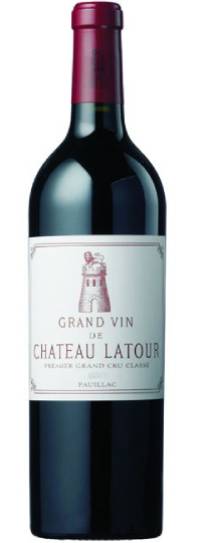Château Latour 2016 1er Cru Classé, Pauillac AC, MC
Château Latour 2016
1er Cru Classé, Pauillac AC, MC
Das Château Latour ist ein Weingut, das immer wieder zu beeindrucken weiss. Es liegt im Herzen von Pauillac und besteht aus 138 Parzellen mit dem berühmten Terroir l'Enclos mit Blick auf die Gironde. Diese berühmte 47 Hektar grosse Rebparzelle ist vielleicht eines der besten Terroirs für Cabernet weltweit.
Seit 1993 befindet sich das Weingut im Besitz von François Pinault und wird von Frédéric Engerer geleitet. Unter seiner Leitung hat dieses renommierte Weingut einige der besten Weine seiner Geschichte produziert und gleichzeitig auf biologischen und biodynamischen Weinbau umgestellt. 2017 ist der erste Jahrgang, der vollständig biologisch bewirtschaftet wird, obwohl die Zertifizierung erst 2019 erfolgen wird.
Rebsorten: 92,9%, Cabernet Sauvignon, 7,1% Merlot
| Land: | Frankreich |
|---|---|
| Region: | Bordeaux |
| Produzent/Appellation: | Pauillac |
| Weintyp: | Rotweine |
| Jahrgang: | 2016 |
| Inhalt: | 75 cl |
| Bio/Biodynamisch: | Ja |

